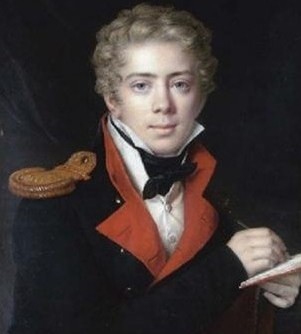
The Russian Academy of Sciences has announced the names of the Demidov Prize 2016 winners, reports
TASS. Academician Yury Zolotov, awarded for his outstanding contribution to the development of analytical chemistry, Vyacheslav Molodin, studying archeology and primitive history of nations living in Siberia, and Valery Rubakov, doing research in the field of fundamental physics, are among the Demidov Prize laureates.
The award winners will receive silver medals carrying the image of Pavel Demidov, a Russian manufacturer and patron establishing his prize in the first half of the 19th century, boxes made of green malachite, and money prizes of one million rubles each. The award ceremony is scheduled for February 2017 and it will take place in Yekaterinburg.
It is to be recalled that last year, the award winners were Mikhail Marov, winning his prize for a series of works dealing with space exploration, Rostislav Karpov, awarded the prize for his contribution to the development of contemporary cardiology, and Viktor Koroteev, a leading Russian explorer in the sphere of palaeo volcanology dealing with matters connected with the research of noble metals.
The first Demidov Prize was given to mathematician Magnus Georg Paucker and economist Julius Hagemeister in 1832. The laureates were determined by the Saint Petersburg Academy of Sciences. The prize was considered the most prestigious one and was given till 1865. The Demidov Prize was reestablished in 1993 upon the initiative of the International Demidov Foundation.

 The Russian Academy of Sciences has announced the names of the Demidov Prize 2016 winners, reports
The Russian Academy of Sciences has announced the names of the Demidov Prize 2016 winners, reports 